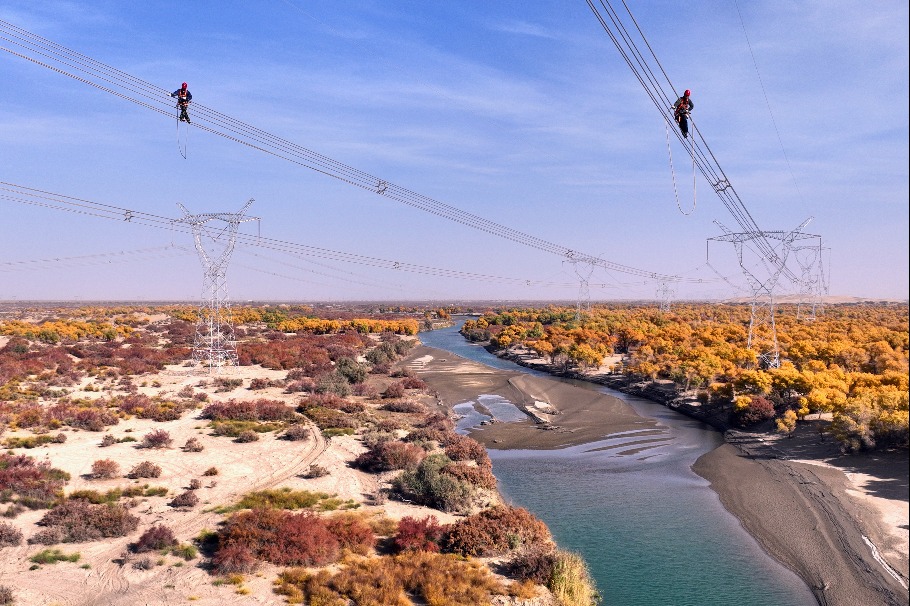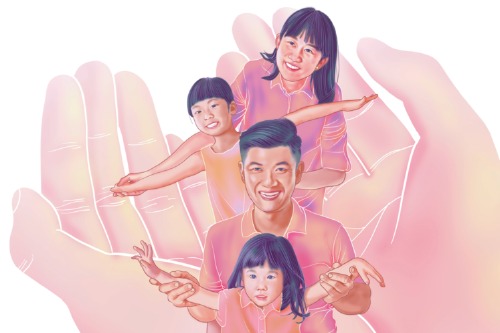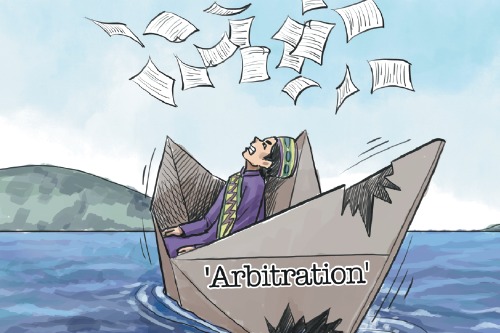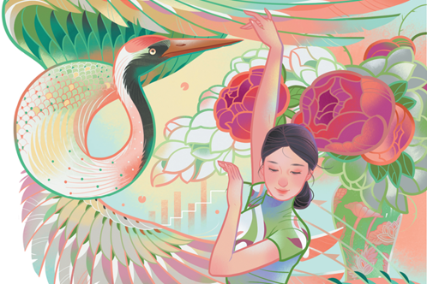Opinion: Taiwan's vaccine woe due to anti-mainland paranoia

According to a report in Taiwan's United Daily News on Jan 1, the island province of China had acquired more than 100,000 doses of COVID-19 vaccines from the United States, and it would first vaccinate medical staff in Taoyuan city, where a cluster infection broke out recently. The news heartened Taiwan people.
However, the next day, the island's epidemic response chief, Chen Shih-chung, dismissed the report, saying no vaccine was expected to arrive in Taiwan soon. He blamed Taiwan's failure to obtain vaccines on hoarding by major countries and the inaction of the World Health Organization.
Though Taiwan has signed purchase contracts with vaccine manufacturers, such as AstraZeneca and Pfizer, so far, no vaccine has been delivered to the island.
Politicization of the vaccine issue is at the core of Taiwan authorities' failure to provide enough vaccines for its people. The vaccine woe stems from its refusing to buy vaccines from the Chinese mainland. To justify their decision to not import vaccines from the mainland, politicians such as Chen first questioned the safety and efficacy of mainland vaccines, which proved groundless, and then cited related policies as forbidding the import of vaccines from the mainland, without specifying which one it is.
The Chinese mainland, on the other side, is both willing to and is able to meet the demand for vaccines of Taiwan compatriots.
In the eyes of some politicians on the island, the epidemic is not a war against the virus, but a stage for grabbing power of discourse. Their irresponsibility puts the lives of frontline medical workers and ordinary people, who are already fighting against the virus, at risk.
It is true that Taiwan has performed well in epidemic prevention and control since the COVID-19 outbreak. However, the vaccine dilemma it is now mired in should serve as a reminder to the island's authorities that politicization of epidemic prevention will only hurt itself in the end.
The author?is a research fellow at a research center at Beijing Union University's Institute of Taiwan Studies.
The opinions expressed here are those of the writer and do not represent the views of China Daily and China Daily website.


































